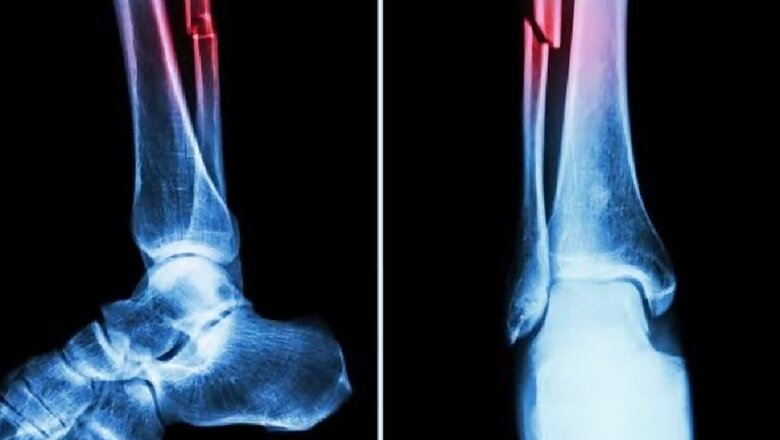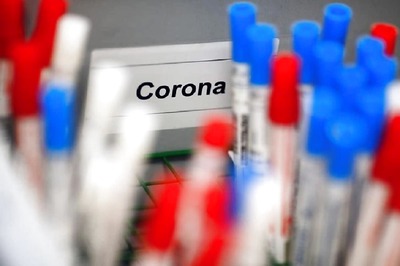
views
While there are many benefits to adopting a vegetarian lifestyle, there is a small chance vegetarianism can actually put you at risk for increased fractures. According to a new study, vegetarian diets can be low in some nutrients like calcium, zinc, B12 vitamin, protein. As already established, calcium and these elements are essential for bone strength.
The study was published in the journal of BMC (BIOMED CENTRAL). The comparative study observed that vegans and vegetarians, as opposed to meat and fish eaters, lacked adequate calcium and protein required by the body. They also had a 43% higher risk of bone fractures. Site-specific fractures like hips, legs, and vertebrae chances also increased.
“We found that vegans had a higher risk of total fractures which resulted in close to 20 more cases per 1000 people over a 10-year period compared to people who ate meat,” said lead author Dr Tammy Tong, Nutritional Epidemiologist from the University of Oxford. She added the risk in vegans was 2-3 times higher.
The researchers examined 55,000 people in the EPIC-Oxford study. Out of the 54,898 participants, 29,380 ate meat, 8,037 ate fish (but did not eat meat), 15,499 were vegetarians, and 1,982 were vegans when they were recruited. First analysed during 1990s to 2001 and then again in 2010. They were studied till 2016 to assess fracture risks.
There were 3,941 fractures reported during the study –
945 hips, 889 wrists, 566 arms, 520 ankles, 366 legs, and 467 fractures at other main sites (clavicle, ribs and vertebrae). BMI, dietary calcium, and dietary protein intake were attributed to these observations.
“This study showed that vegans, who on average had lower BMI as well as lower intakes of calcium and protein than meat-eaters, had higher risks of fractures at several sites,” said Dr Tong. She admitted that a plant-based diet, when well-balanced, can improve nutrient levels and lower risks of diseases including heart disease and diabetes.
However, the study cannot conclusively prove the fractures were because of the diet or differentiate fractures from a fall from standing height and those that were caused by accidents. They say a broader analysis will be required with more diverse subjects.
Read all the Latest News, Breaking News and Coronavirus News here




















Comments
0 comment